The Impact of Electronic Health Records on Medical Billing
In the realm of healthcare, the shift from paper-based to digital systems has been a game-changer, especially in the area of medical billing. Electronic Health Records (EHRs) have transformed the way health information is recorded, stored, and accessed, offering a more streamlined, efficient, and accurate system. This transition has not only impacted healthcare providers and patients but has also had a profound effect on the billing process. Let's delve into the significant impacts of EHRs on medical billing and understand how they are reshaping the healthcare industry.
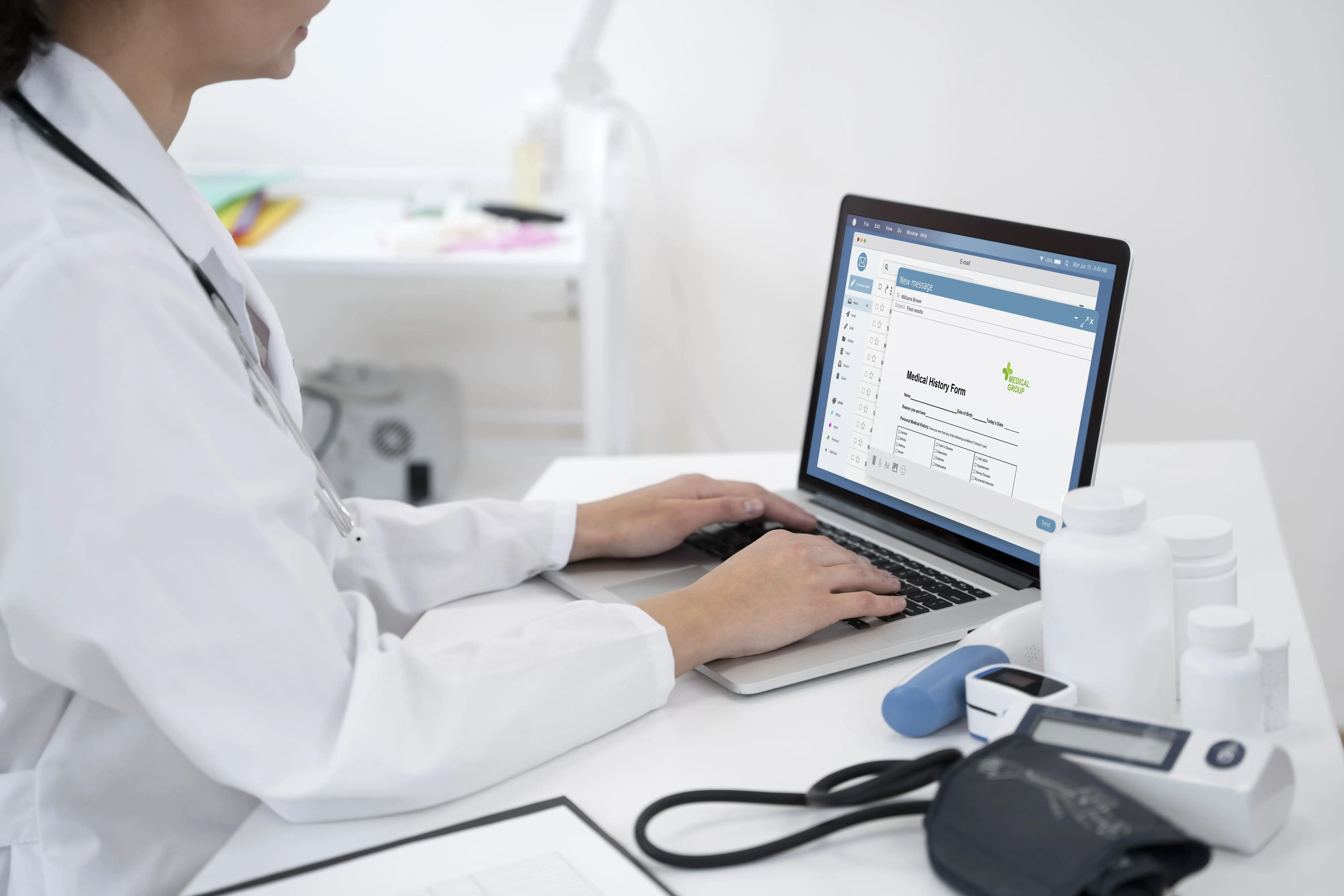
Enhanced Efficiency and Accuracy:

EHRs have significantly increased the efficiency and accuracy of medical billing. With all patient information stored digitally, billing specialists can easily access and review medical records to ensure that billing is accurate and reflects the services provided. This reduces the chances of human error associated with manual entry and helps in avoiding common billing mistakes, such as duplicate billing or incorrect patient information, which can lead to claim rejections and delays in payment.
Improved Claim Management:

The integration of EHRs has streamlined the claim management process. EHR systems often come with built-in validation rules that check for errors in real-time, ensuring that claims are correct before they are submitted. This immediate feedback loop allows for quick corrections, reducing the number of denied claims and improving the overall claim acceptance rate. Furthermore, electronic submission of claims through EHRs can speed up the reimbursement process, as insurers can receive and process claims more quickly compared to traditional paper-based submissions.
Enhanced Compliance with Regulations:

Healthcare is a highly regulated industry, and maintaining compliance with constantly changing regulations can be challenging. EHRs make it easier for healthcare providers to stay compliant with regulations such as the Health Insurance Portability and Accountability Act (HIPAA). EHR systems are designed to include features that protect patient privacy and secure data, reducing the risk of breaches. Additionally, they can be updated to reflect changes in billing codes and regulations, ensuring that billing practices are always in compliance.
Better Patient Data Management:

The consolidation of patient data within EHRs allows for a more comprehensive view of a patient's health history, treatments, and billing information. This integrated approach helps in identifying discrepancies or patterns that may impact billing, such as repeated services or potential cases of fraud. Furthermore,
EHRs facilitate better communication between healthcare providers and billing departments, ensuring that all billed services are accurately documented and justified, leading to a smoother billing process.
Challenges and Considerations:

Despite the numerous benefits, the transition to EHRs has not been without challenges. The initial cost of implementing an EHR system can be significant, and there is a steep learning curve for staff. Additionally, interoperability between different EHR systems and ensuring the security of electronic records are ongoing concerns. However, the long-term benefits of improved efficiency, accuracy, and compliance in medical billing processes often outweigh these challenges.
Conclusion :

The impact of Electronic Health Records on medical billing is profound and multifaceted. By enhancing efficiency, improving claim management, ensuring compliance, and better managing patient data, EHRs are streamlining the billing process in ways that were not possible with paper records. As technology continues to evolve, we can expect further improvements in EHR systems that will continue to refine and improve the medical billing process, ultimately leading to better healthcare outcomes for patients. The transition to EHRs represents a significant step forward in modernizing healthcare practices, making it a pivotal development in the ongoing evolution of the healthcare industry.
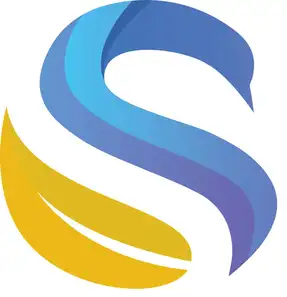

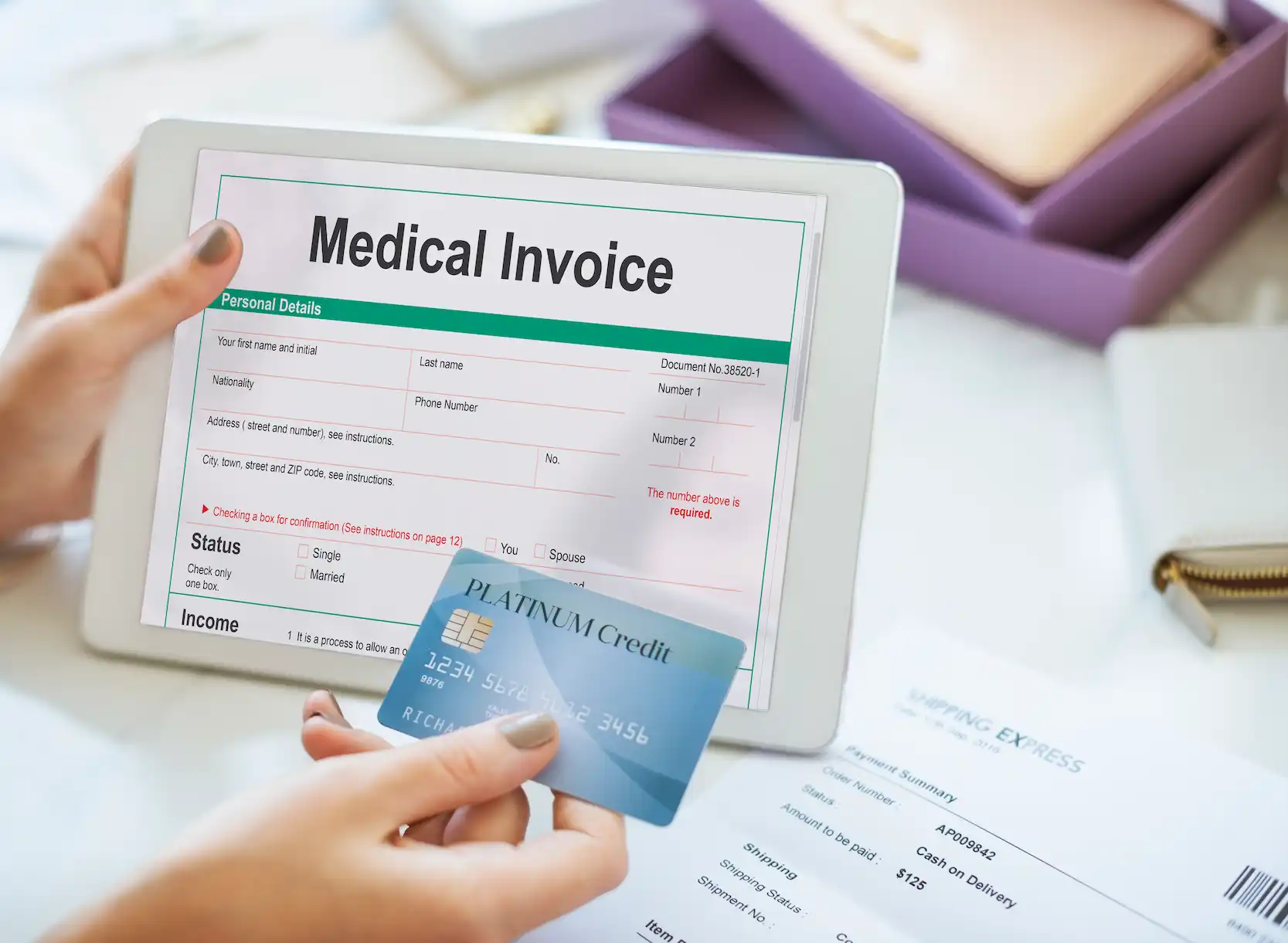


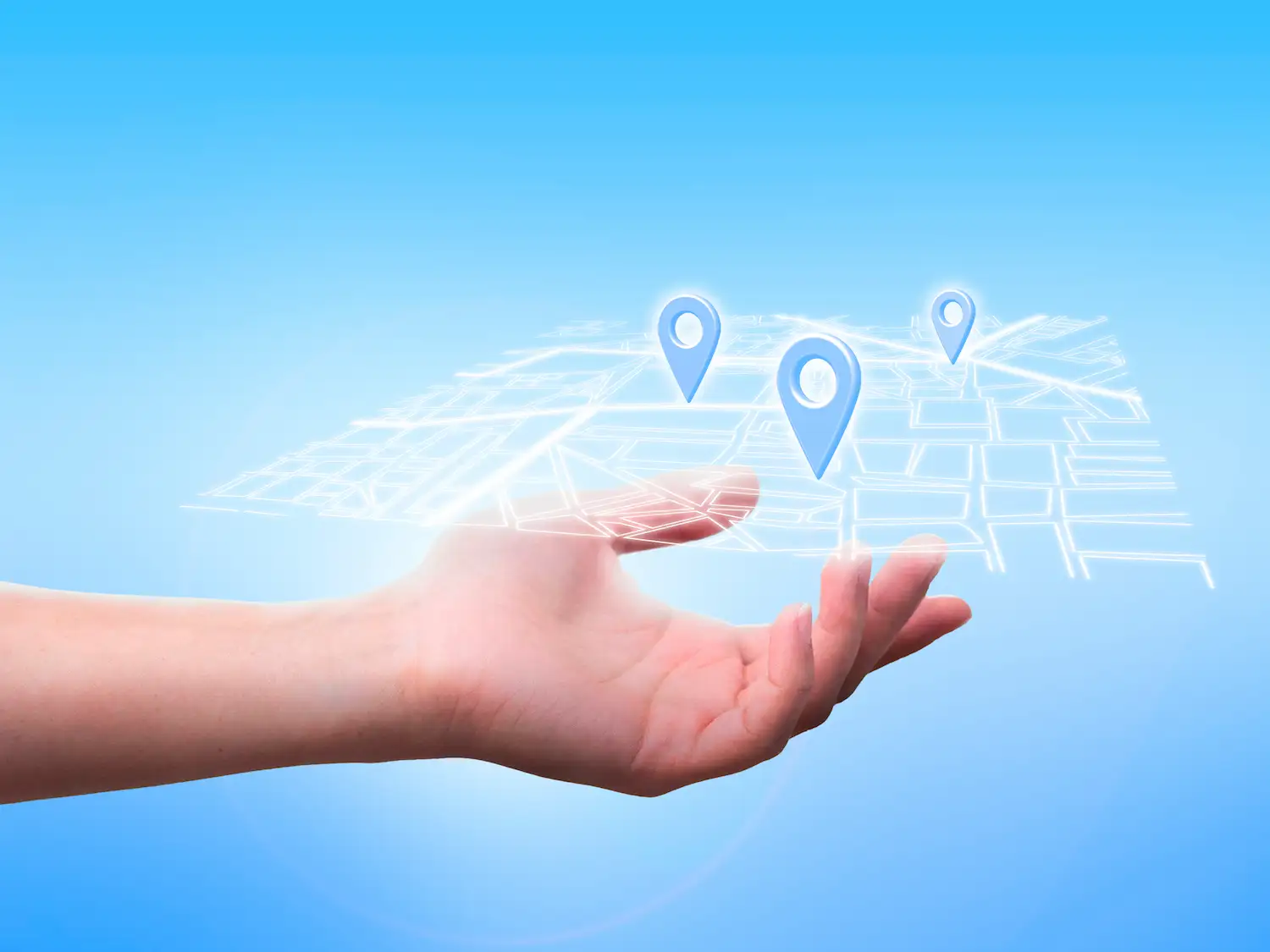

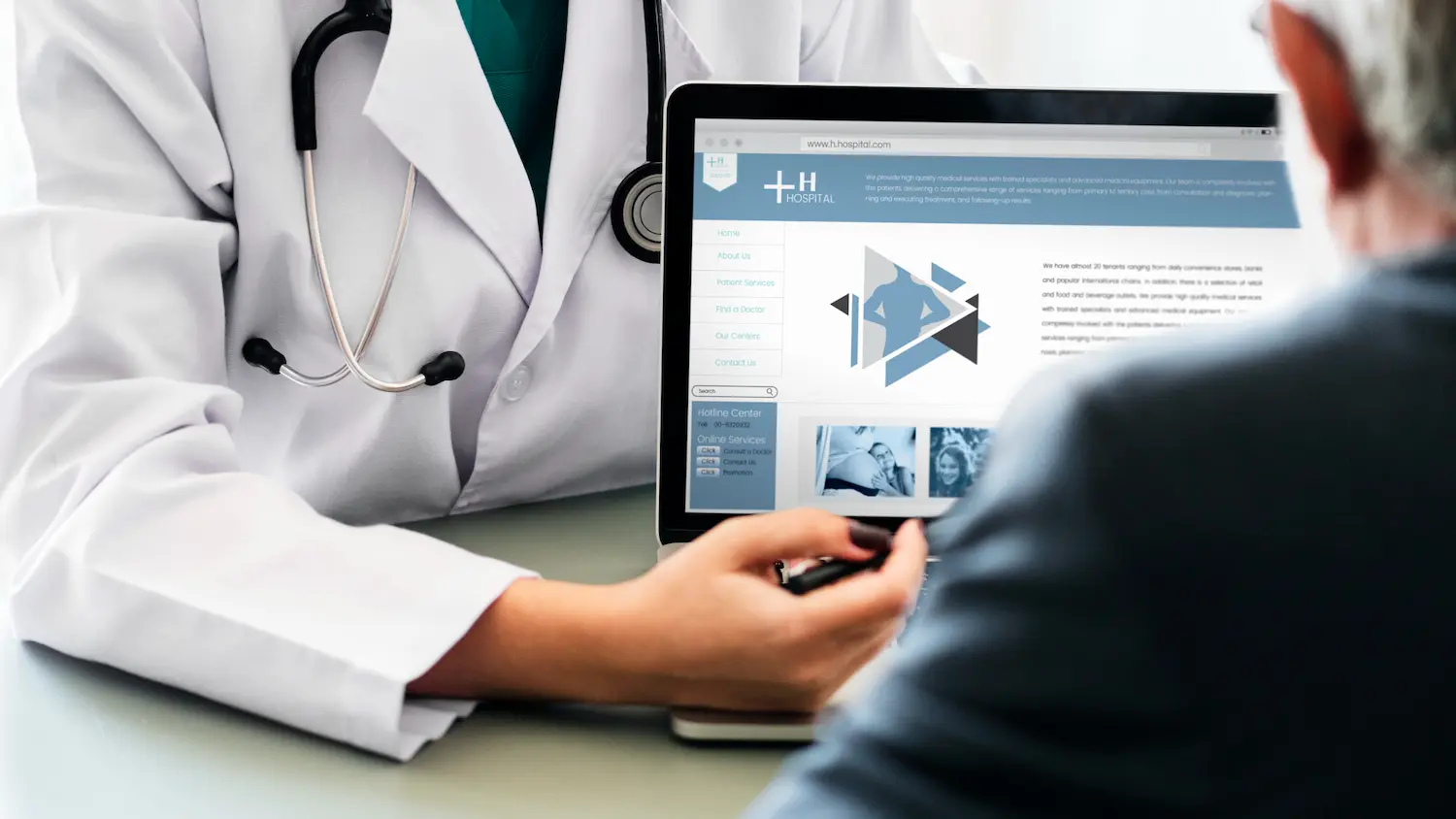
Contact Shoreline Medical Billing today!